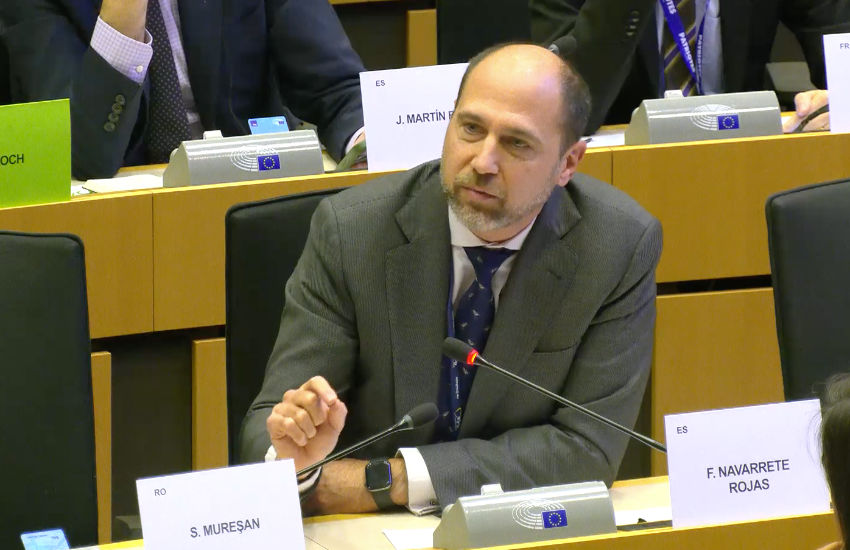The European Parliament rapporteur for the digital euro has proposed giving private payment firms an equal chance to solve Europe’s payment sovereignty problem, potentially sidelining a key part of European Central Bank’s project. Fernando Navarrete, the MEP coordinating the legislative process, presented his draft report to the ECON committee today, marking a sharp departure from the legislative direction pursued before the 2024 European elections
All parties unanimously agreed on the need for European sovereignty and are keen to move away from the dependence on Visa and Mastercard for retail payments. “Our commitment must be unwavering to the (sovereignty) goal itself, not to any single instrument to reach it,” Navarrete said. “When I ask myself what European citizens expect from us, I doubt that many feel an urgent need to create a digital euro.”
The development of the central bank digital currency conducted by the European Central Bank (ECB) has two versions: one that is online and the other that is offline. Navarrete proposes that the offline CBDC, as a tokenized version of cash without intermediaries, should proceed. But the online version should only go ahead if the private sector has not already solved the problem by the time that the European Central Bank is ready to launch, which is likely to be 2029 at the earliest.
There is a private payment solution in progress, the Wero wallet, which is currently available in Germany, France and Belgium. So far 20 banks and payment firms are involved.
Article continues …

Want the full story? Pro subscribers get complete articles, exclusive industry analysis, and early access to legislative updates that keep you ahead of the competition. Join the professionals who are choosing deeper insights over surface level news.
Image Copyright: European Parliament
